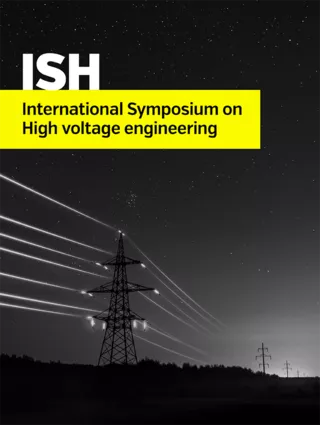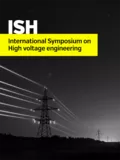Summary
Gas Insulated Switchgear (GIS) has been known to be reliable for more than 40 years. However, under tropical conditions we observed failure rates over twice the value reported in the 3rd CIGRE’s survey of 2007. The tropical parameters such as the humid air and the frequent lightning incidence have been suspected to be involved in GIS failures. Our case study of 631 bays of GIS settled under the tropical conditions, reveals that 66% of major failures were found at the primary dielectric subsystem. The most affected components are: 1) solid and gas insulations, 2) conductor joint and 3) termination. Moreover, humid SF6 has also been found especially in the non-switching compartments. Even though they have been equipped with desiccants, humidity values are higher than the maximum recommendation according to IEEE and IEC. By using FMEA (Failure Mode Effects Analysis), the involvement of tropical parameters could be related to the following mechanisms: 1) humid air accelerates corrosion at different exposed parts in GIS. In particular, corrosion at the compartment joint provides a leakage path that allows moisture passing through the permeable seals into the internal GIS. This moisture becomes an agent for further internal corrosion and other mechanisms that decrease the insulation withstand level; 2) the frequent lightning incidence increases the probability of insulation breakdown under overvoltage stress as found in one major failure. Following these observations, it is practically important to investigate how different tropical parameters affect the performance of the insulation system in GIS. To that purpose, we used a laboratory setup in the HV Laboratory in TU Delft to investigate the flashover characteristics of gas and solid-to-gas insulations with controlled parameters of humidity content in gas, temperature and pressure resembling the tropical conditions. The paper reports the results from field and laboratory investigations using a case study and experiments conducted with homogenous and inhomogeneous electric field stress for AC and AC+LI. The experiments have given insight into failure modes, which can be used in the mitigation of insulation failure for GIS operating under tropical conditions.
Additional informations
| Publication type | ISH Collection |
|---|---|
| Reference | ISH2017_280 |
| Publication year | |
| Publisher | ISH |
| File size | 3 MB |
| Pages number | 6 |
| Price for non member | Free |
| Price for member | Free |



